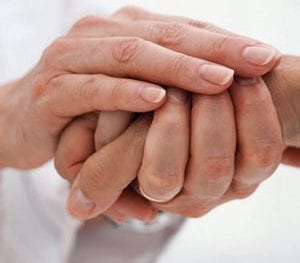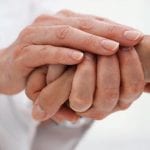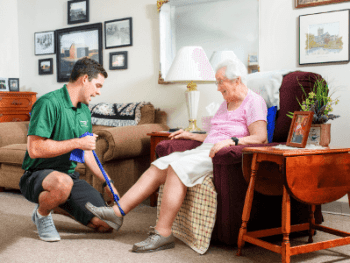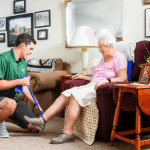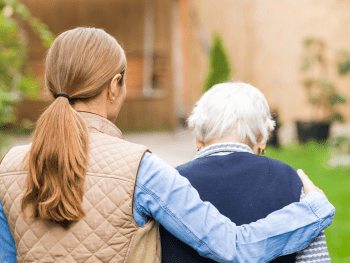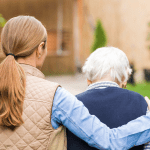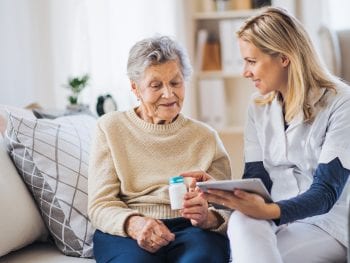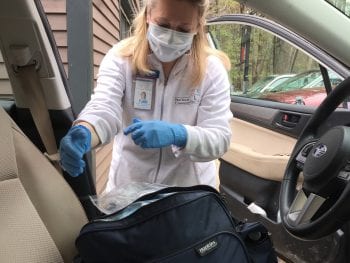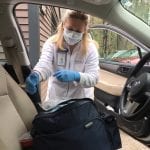Pemi-Baker Hospice & Home Health
Shares Tips for Keeping Your Heart Healthy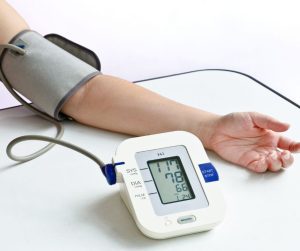
February is Healthy Heart Month, and Pemi-Baker Hospice & Home Health wants to help you take care of your ticker! We’re all about making sure your heart stays strong and healthy, and we’ve got some easy tips to help you do just that.
First off, it’s super important to keep an eye on your blood pressure and pulse. These are like your heart’s report card, telling you how it’s doing. Normal blood pressure is usually between 90/60 mmHg and 120/80 mmHg, and your pulse should be somewhere between 60 to 100 beats per minute. If those numbers are higher, it could mean trouble for your heart.
Now, let’s talk about things that can make your blood pressure go up. Eating too much salty or fatty food, not getting enough exercise, and not getting enough sleep can all give your heart a hard time. Try to eat foods with less salt and fat, get moving for at least 30 minutes a day, and aim for 7 hours of sleep each night. Your heart will thank you!
Stress can also affect your heart. So, take some time to relax. Whether it’s taking a bath, meditating, reading a book, or listening to music, find something that helps you unwind.
And here’s a tip: if you feel nervous when you go to the doctor and your blood pressure goes up, that’s totally normal! It’s called White Coat Syndrome. Just let your doctor know, and they’ll understand.
Pemi-Baker Hospice & Home Health encourages individuals to write down your blood pressure and pulse readings and bring them with you to your doctor’s appointments. It’ll help them keep an eye on how your heart is doing.
Stay healthy, stay happy, and keep that heart pumping strong! Pemi-Baker is here to support you in keeping your heart happy and healthy all year round!


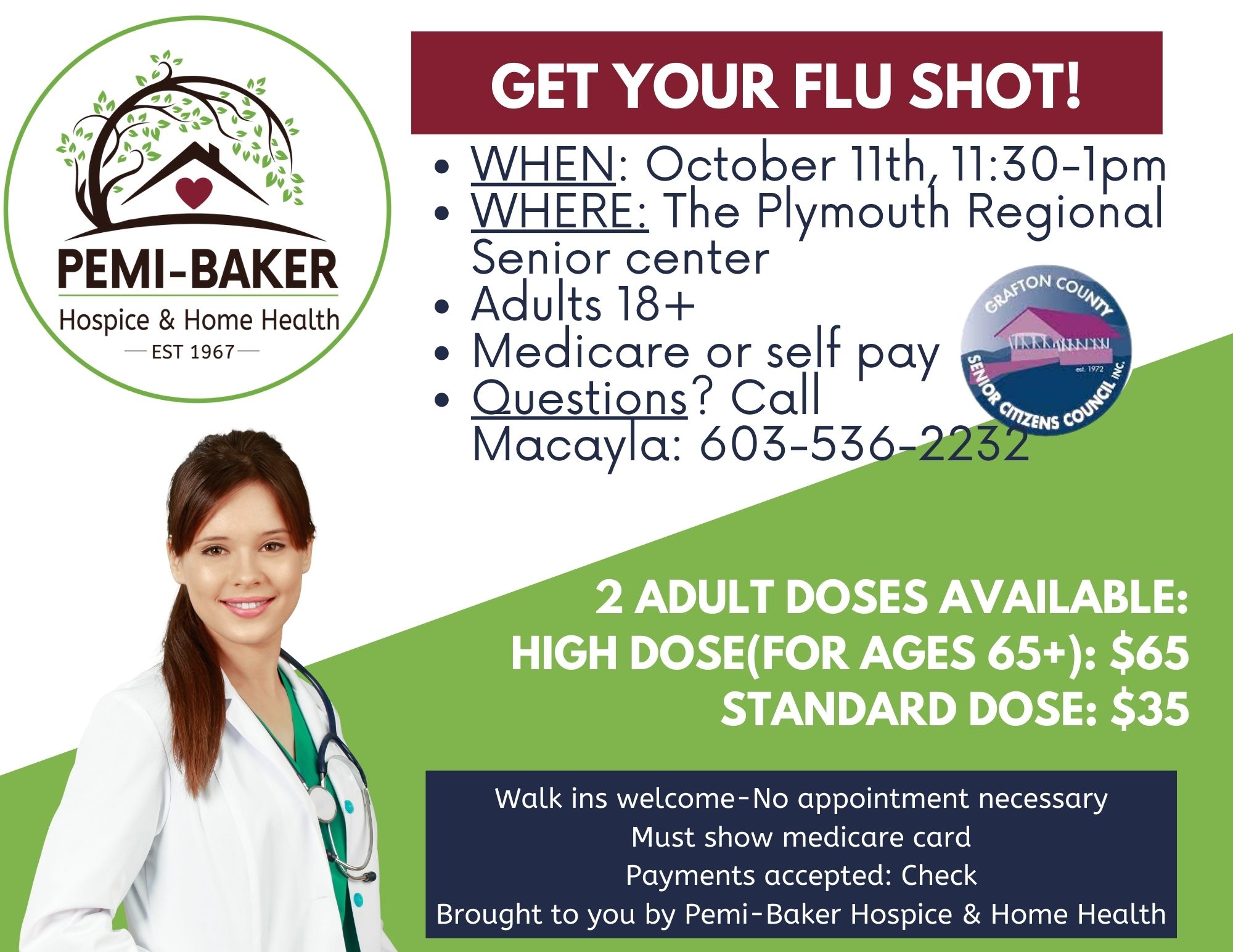
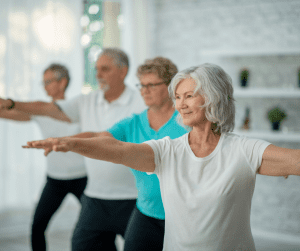
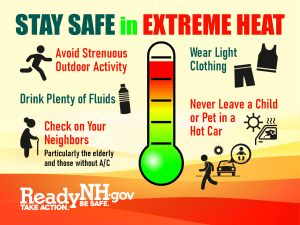

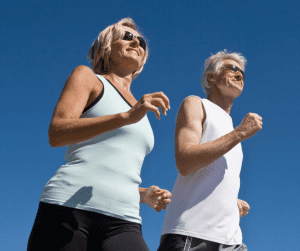
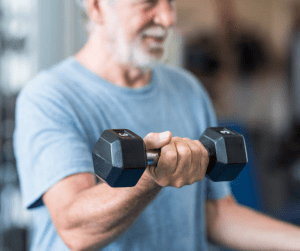


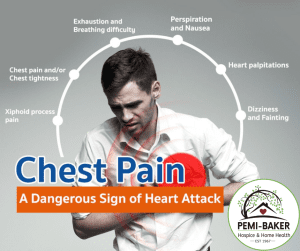
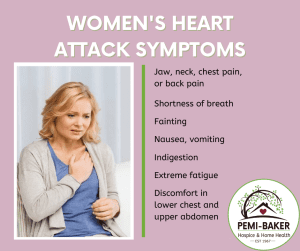
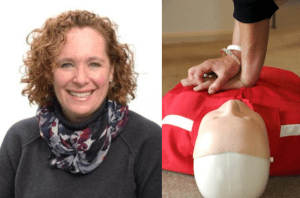 Contact Anna Swanson by phone or email today and become better prepared to save a life!
Contact Anna Swanson by phone or email today and become better prepared to save a life!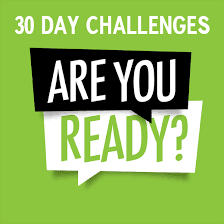 A New Year is the perfect time to kick-start a new beginning and finally achieve the things you’ve always wanted to get around to. Whether you’re yearning to learn a new skill, improve on your existing skills, better yourself as a person, or even overcome some obstacles, what better way to push yourself than with a New Year’s challenge.
A New Year is the perfect time to kick-start a new beginning and finally achieve the things you’ve always wanted to get around to. Whether you’re yearning to learn a new skill, improve on your existing skills, better yourself as a person, or even overcome some obstacles, what better way to push yourself than with a New Year’s challenge.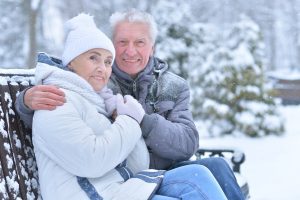 When the temperature drops, older adults run a higher risk of health problems and injuries related to the weather, including hypothermia, frostbite, and falls in ice and snow. Like most things in life, it is better to be prepared. Here are a few precautions everyone should take, especially older adults, during the winter.
When the temperature drops, older adults run a higher risk of health problems and injuries related to the weather, including hypothermia, frostbite, and falls in ice and snow. Like most things in life, it is better to be prepared. Here are a few precautions everyone should take, especially older adults, during the winter.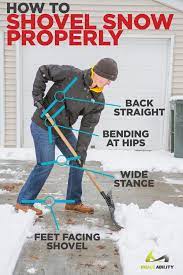
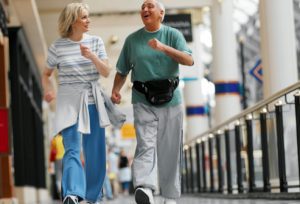 Air-conditioning is important when it is hot and humid outside. If you do not have air-conditioning in your home, go somewhere that does. A movie theater, the mall, a friend or family member’s home or a community senior center are all good options. You can contact your local Area Agency on Aging for help finding a local cooling center during extended periods of extreme heat.
Air-conditioning is important when it is hot and humid outside. If you do not have air-conditioning in your home, go somewhere that does. A movie theater, the mall, a friend or family member’s home or a community senior center are all good options. You can contact your local Area Agency on Aging for help finding a local cooling center during extended periods of extreme heat.
 Signs to look for may include disorientation, dry skin, excessive tiredness, headache, lethargy, nausea, a flushed face, high body temperature, rapid pulse, dizziness and confusion. Take immediate action if you feel any symptoms coming on.
Signs to look for may include disorientation, dry skin, excessive tiredness, headache, lethargy, nausea, a flushed face, high body temperature, rapid pulse, dizziness and confusion. Take immediate action if you feel any symptoms coming on.

